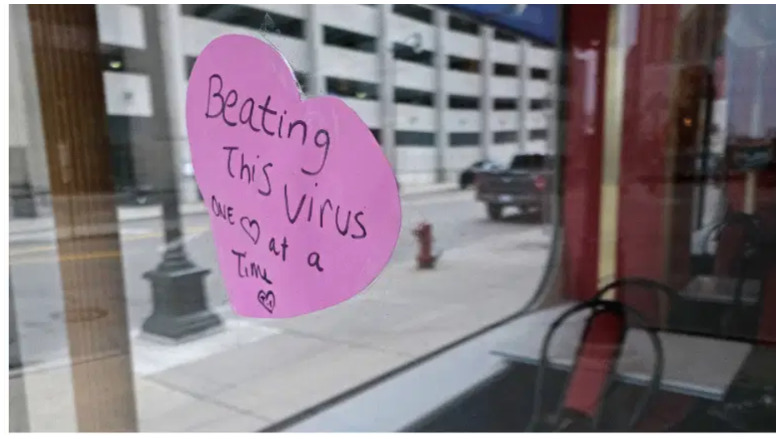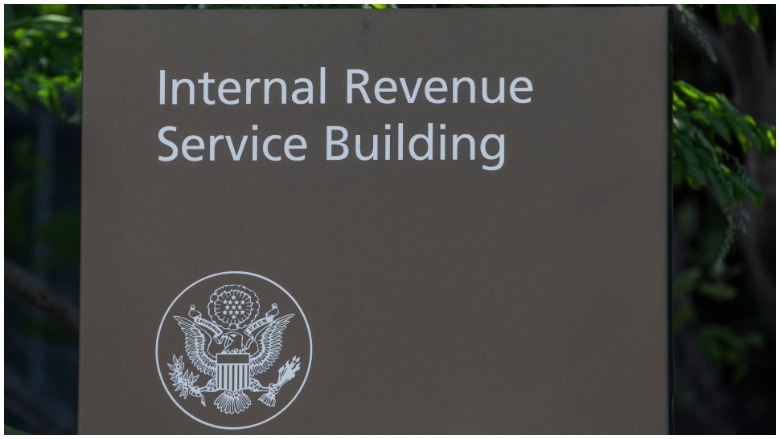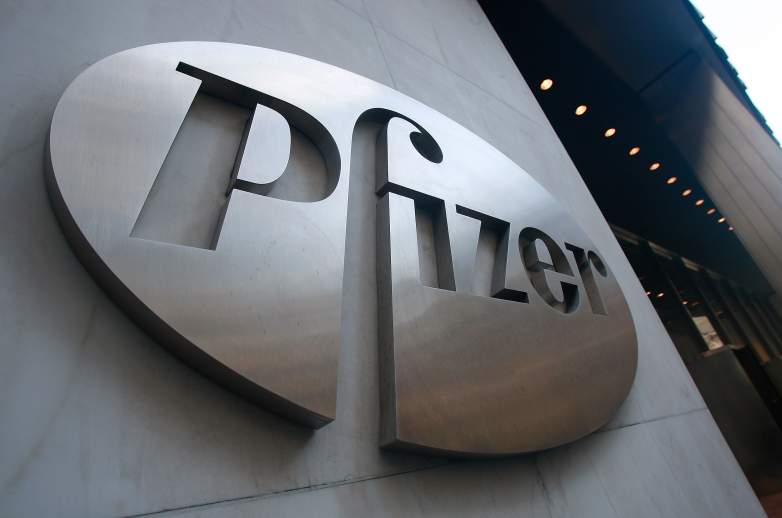
Getty Americans are waiting for COVID-19 second round stimulus checks to be approved.
There’s some good news on the horizon. Pfizer has announced a coronavirus vaccine candidate that it says is 90% effective. But how will that announcement affect your chances of getting another COVID-19 stimulus check?
The question being debated is to what degree the vaccine, if distributed, would provide its own stimulus to the economy, making a fuller packager or direct payments less necessary.
A second round of stimulus checks has long been folded into the broader stimulus relief package. Republicans and Democrats have not been able to agree on the overall price tag of the package, though. Democrats have sought $2.2 trillion but lost House seats in the November 3 election, which might weaken their negotiating stance. Republicans are so far clinging onto control of the U.S. Senate. Senate Majority Leader Mitch McConnell has said they will only agree to a $500 billion bill, but the networks have called the presidency for Democrat Joe Biden, which weakens their negotiating stance somewhat. More critically for Republicans, the control of the Senate still hangs in the balance of two Georgia runoff elections in January.
Even though both sides have agreed that a second round of stimulus checks was a good idea, the checks are bogged down in the negotiations for the entire package. Since the election, both sides have spoken about the need for some stimulus, but the rhetoric has remained sharp.
McConnell said he wants some stimulus by year’s end but supports a smaller package than Democrats want. He proposed a “limited” bill, according to Bloomberg. But Democratic Senate leader Chuck Schumer said Republicans “have proposed totally inadequate solutions” on COVID-19 relief. If neither side can agree, we will end up where we were before the presidential election, which is in gridlock with no checks going out.
Here’s what you need to know:
There’s Disagreement Over Whether the Vaccine Will Be Its Own Stimulus

GettyThe IRS has said that stimulus check payments can be garnished if you owe child support.
Two things are making a stimulus plan less urgent; the vaccine news and also, according to CNBC, stronger jobs growth in October than was expected.
However, Carl Tannenbaum, chief economist at Northern Trust, told CNBC that these factors don’t take away the need for a stimulus plan. “On the employment front, we still have 10 million Americans that were working in January that are not working today. And those that remain unemployed are seeing a much longer track back to full employment, so they will continue to need a certain amount of support,” he told CNBC’s Squawk Box Asia. He also told the program that state and local budgets are suffering because of ongoing pandemic costs. Both unemployment benefits and aid to local and state governments have long been expected to be part of a broader congressional relief plan.
However, Deutsche Bank says a vaccine is equivalent to an “instant stimulus,” according to Bloomberg.
“This is some of the most unambiguously good news for the economy that we’ve had in a long time,” said Joe Brusuelas, chief economist at RSM International, to CNN Business. “We now can see the light at the end of the tunnel. And it’s not an oncoming train.”
CNN reported that the stock market is soaring as a result of the vaccine news, but some economists are urging Congress to move forward with a stimulus package anyway.
“Lawmakers have to complete the bridge they started building at the beginning of the pandemic to get us to the end of the pandemic when people will feel comfortable going to restaurants and ballgames,” said Mark Zandi, chief economist at Moody’s Analytics, to CNN business.
The Vaccine Is Still Undergoing Testing but Was Effective in 90% of People

Getty
In its press release, Pfizer Inc. and BioNTech SE “announced their mRNA-based vaccine candidate … has demonstrated evidence of efficacy against COVID-19 in participants without prior evidence of SARS-CoV-2 infection, based on the first interim efficacy analysis conducted on November 8, 2020 by an external, independent Data Monitoring Committee (DMC) from the Phase 3 clinical study.”
The companies indicated that testing shows the vaccine is effective for most people. “The case split between vaccinated individuals and those who received the placebo indicates a vaccine efficacy rate above 90%, at 7 days after the second dose. This means that protection is achieved 28 days after the initiation of the vaccination, which consists of a 2-dose schedule,” they wrote.
“As the study continues, the final vaccine efficacy percentage may vary. The DMC has not reported any serious safety concerns and recommends that the study continue to collect additional safety and efficacy data as planned. The data will be discussed with regulatory authorities worldwide.”
“Today is a great day for science and humanity. The first set of results from our Phase 3 COVID-19 vaccine trial provides the initial evidence of our vaccine’s ability to prevent COVID-19,” said Dr. Albert Bourla, Pfizer Chairman and CEO. “We are reaching this critical milestone in our vaccine development program at a time when the world needs it most with infection rates setting new records, hospitals nearing over-capacity and economies struggling to reopen. With today’s news, we are a significant step closer to providing people around the world with a much-needed breakthrough to help bring an end to this global health crisis. We look forward to sharing additional efficacy and safety data generated from thousands of participants in the coming weeks.”
READ NEXT: What Is Kamala Harris’ Ethnicity?